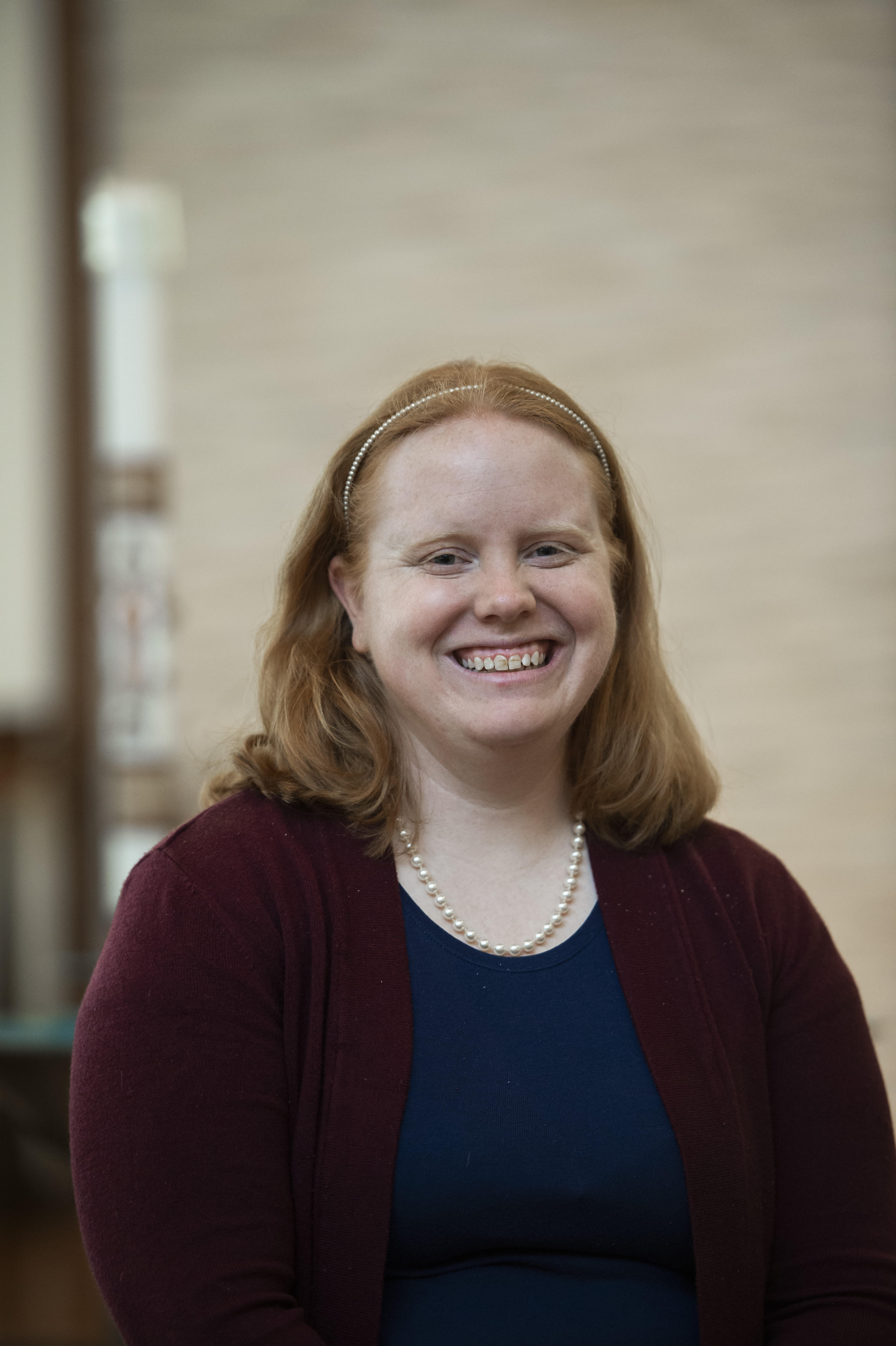Second Sunday after Christmas: Week of January 3, 2021
Begin your devotion time by praying this prayer: O God, who wonderfully created, and yet more wonderfully restored, the dignity of human nature: Grant that we may share the divine life of him who humbled himself to share our humanity, your Son Jesus Christ; who lives and reigns with you, in the unity of the Holy Spirit, one God, for ever and ever. Amen. (Collects: Contemporary, Book of Common Prayer, p. 214)
Adult and Small Child
Read: John 1:1-18
Reflect: I live in Texas and boy do we love Mexican food! One of my favorite foods is queso with meat in it – also known as queso con carne. Do you know what queso means? What about carne? Right! Queso means cheese and con carne means with meat.
We hear in this reading that Jesus is God “incarnate.” Do you hear a familiar word, or part of word? I do. I hear a word that sounds like carne. Incarnate. This word tells us that God came and walked among us in the flesh – God was human and divine.
Respond: Ask an adult in your home to help you make queso con carne. Maybe you don’t eat meat – so feel free to substitute something else. The ingredients you need are:
- 1 lb. Velveeta cheese
- 8 oz. can of Rotel
- 6 oz. lager beer
- 1 tsp. cayenne pepper (reduce if too spicy)
- 1 lb. cooked ground chuck or beef
- Crispy tortilla chips
- Roger Hutchison
Adult and Elementary
Read: Matthew 2:1-12
Reflect: One of my favorite parts of the Christmas story is the visit of the wise men. I love the image of strange stars in the sky and the dreams that directed the wise men to travel across the desert on their camels. I wonder if they spoke the languages of the people that they met along the way. I wonder how long their journey took, and if they had enough supplies for the trip, and did they have a hard time finding another route home.
Respond: Christmas should be a powerful time of year, but often we don’t think and talk about what we’ve learned. Talk with one another about what you’ve learned over the Christmas season. What did you enjoy, and what was hard? You could also get a very large piece of paper and draw or write your thoughts and feelings about this Christmas. This is a good way to get the discussion going.
- Lisa Puccio
Adult and Youth
Read: Matthew 2:1-12
Reflect: On January 6, we celebrate Epiphany. The word “Epiphany” means to have an appearance or a revelation. On Epiphany, we remember how the wise men sought out and found baby Jesus. They followed a star to Bethlehem and celebrated with Jesus, Mary, and Joseph. The newly-born light of the world was revealed to the wise men by following a star, and they were filled with joy! They were blessed by the revelation of Jesus, and they also blessed the child and his family with gifts of gold, frankincense, and myrrh.
Today, we
celebrate that we’ve made it to 2021! With a new year comes the opportunity for
new beginnings, new adventures, and new blessings. I don’t know about you, but
I’m looking forward to a year of “new” after living through 2020. This year, as
I read the Epiphany story, I am reminded of the blessings that the wise men discovered
by following the star to Bethlehem, and that God is leading us into a new year
full of blessings and hope! As we enter this first week of a new calendar year,
keep an eye out for where Jesus is revealed to you. Like the wise men, you
might find unexpected blessings, too.
Respond: An Epiphany tradition in many Christian homes is to “chalk the door” and bless a home at the start of a new year. Grab some chalk (any kind will do) and bless your home with your family! Watch the below video to learn more about this practice, and download a house blessing you can use with your family here.
- Victoria Hoppes
Adult and Adults
Read: Matthew 2:13-15
Reflect: I love the collect for the Second Sunday of Christmas, especially as it starts: “O God, who wonderfully created, and yet more wonderfully restored, the dignity of human nature…” Our beloved heavenly God has a dream for us, and it is not to be perfect, but to be restored. To be restored means that at some point we were broken. God knows that, yet God never gives up on us. God continues to wonderfully restore our human dignity. The Book of Common Prayer also talks about restoration. It tells us that the mission of the Church is to restore all people to unity with God and each other in Christ. (Book of Common Prayer, p. 855). Restored children of God are people who experience dignity and abundant life, and see themselves and others as beloved children of God in the Beloved Community that God has dream we can be. In the Episcopal Church, the House of Bishops have created a Becoming Beloved Community vision, where we can achieve this restoration if we: 1. Speak Truth, 2. Proclaim the Dream. 3. Practice the Way of Love, and 4. Repair the Breach. The work of restoration is the work of healing people, institutions and systems. May the light of the Christmas miracle continue shining inside our hearts, and move us to actions that dismantle all the systems of oppression that keep us from becoming a Beloved Community, seeking Racial Healing, Reconciliation and Justice for all.
Respond: On the Second Sunday of Christmas, I invite you to read about Becoming a Beloved Community at ![]() www.episcopalchurch.org/
www.episcopalchurch.org/
- Yuri Rodriguez
Tags: Lectionary Based Readings & Reflections / Year B / Latest Posts



